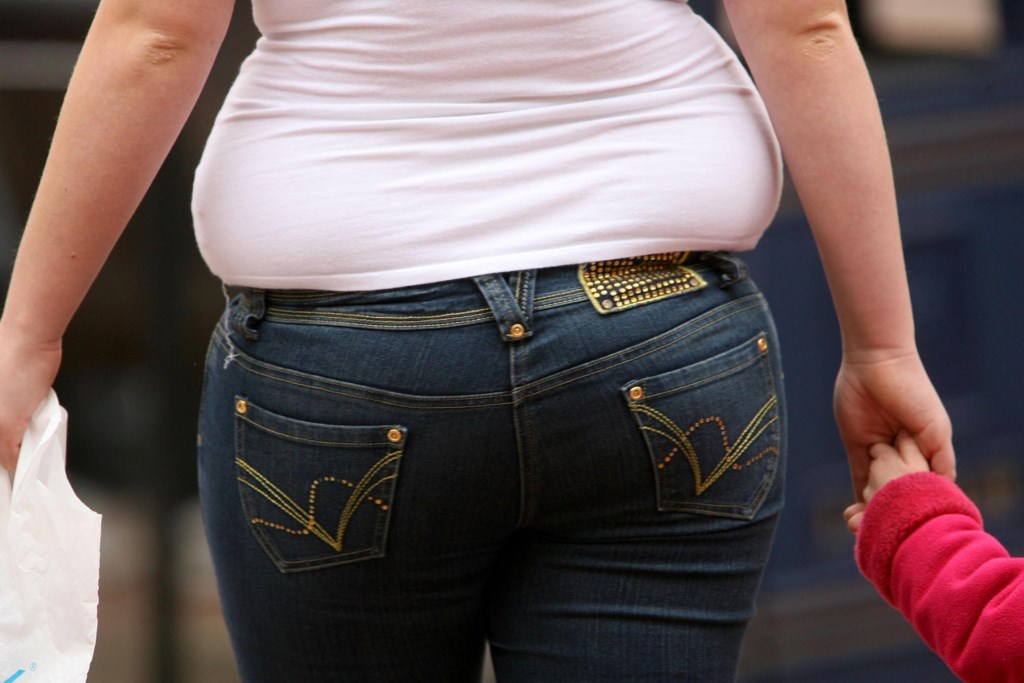Belgians are the fourth biggest eaters in the world, consuming far over the daily suggested calorie intake.
In 2020, the average Belgian consumed 3,824.21 calories per day, putting them in fourth position behind Ireland (3,850.5 kcal), the United States (3,868.28 kcal), and Bahrain (4,012.45 kcal). This is according to data gathered by researchers from the United Nations' Food and Agriculture Organisation (FAO).
This food consumption puts Belgium way ahead of its neighbours Germany (3,647 kcal), Luxembourg (3,497 kcal), France (3,581 kcal), and the Netherlands (3,460 kcal).
Since the start of the millennium, the average Belgian now eats 113.89 kcal more each day. The current level of food consumption puts the average Belgian at significant risk of health problems.
Health experts recommend a daily caloric intake of around 2,000 calories for women, and 2,500 for men. The current Belgian food consumption puts the average citizen at around 72% over this target.
For several years, Belgium has been struggling with rapidly rising levels of obesity. Currently, around 59.5% of Belgians are overweight or obese, with men scoring worse. One in four Belgian children and six in ten adults are now overweight.
Excess weight and obesity are strongly linked to socio-economic and education status, according to Belgian health services, with Wallonia the worst affected region.
While the data reveals overconsumption in Western and Middle Eastern countries, it also reveals worrying malnutrition in some parts of Africa.
War-torn Central African Republic had the lowest calorie consumption in the world at just 1,641 kcal per day. Former Belgian colony Burundi suffers from the second worst levels of nutrition, with the average Burundian consuming just 1,696 kcal a day.

